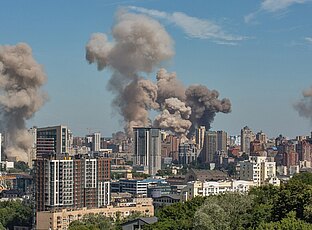September
2025

Public Discourse
24 - 25 September 2025
Conference on Criminalising Genocide Denial in Sarajevo
Learn moreOctober
2025

